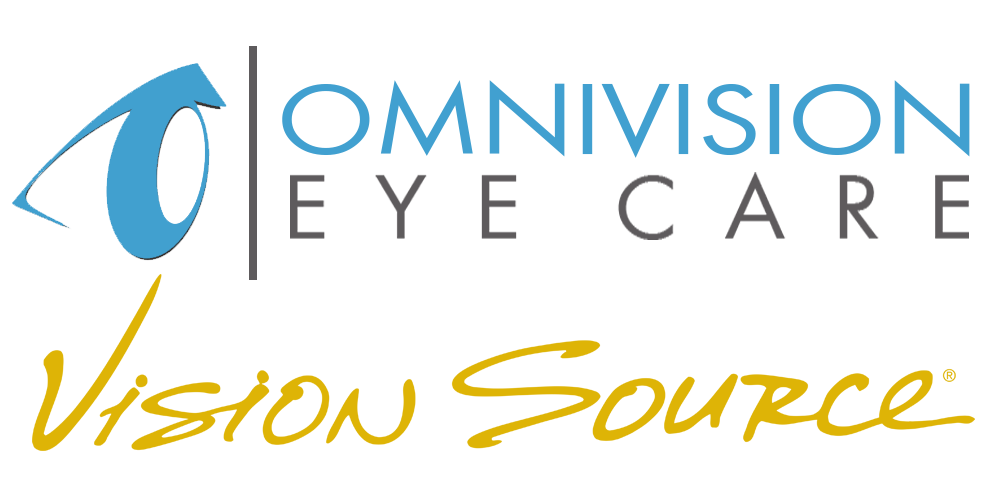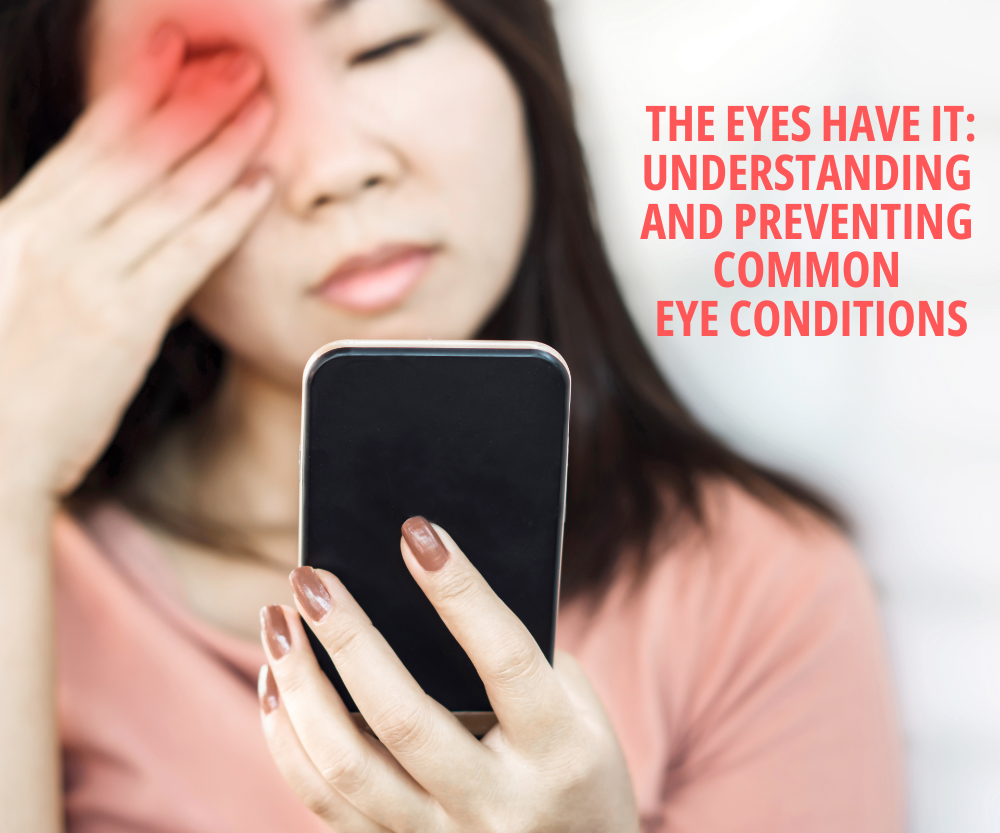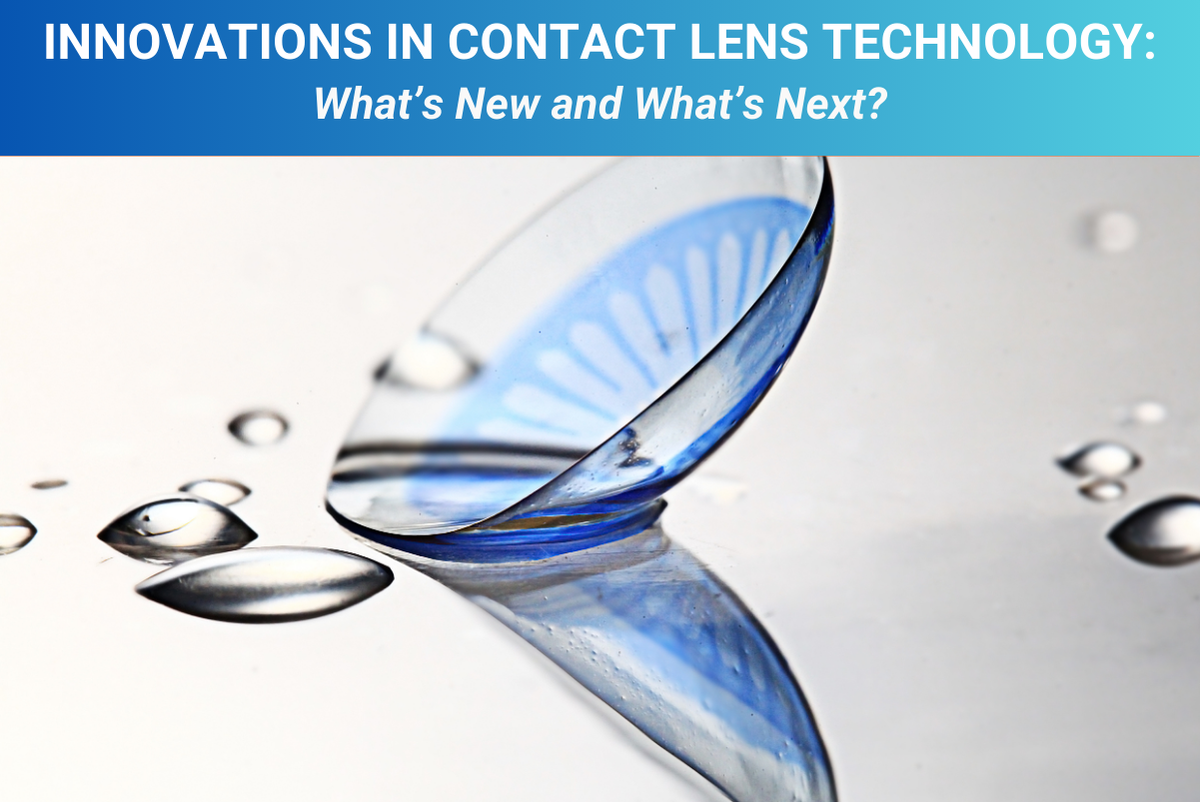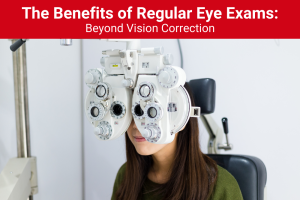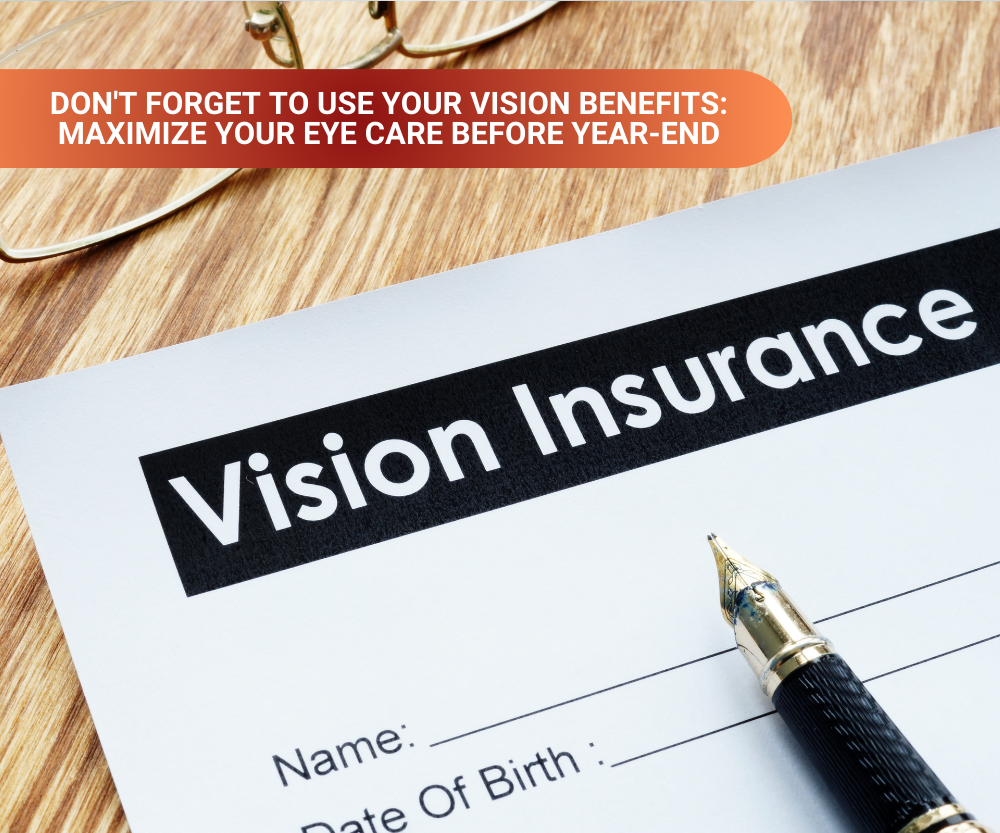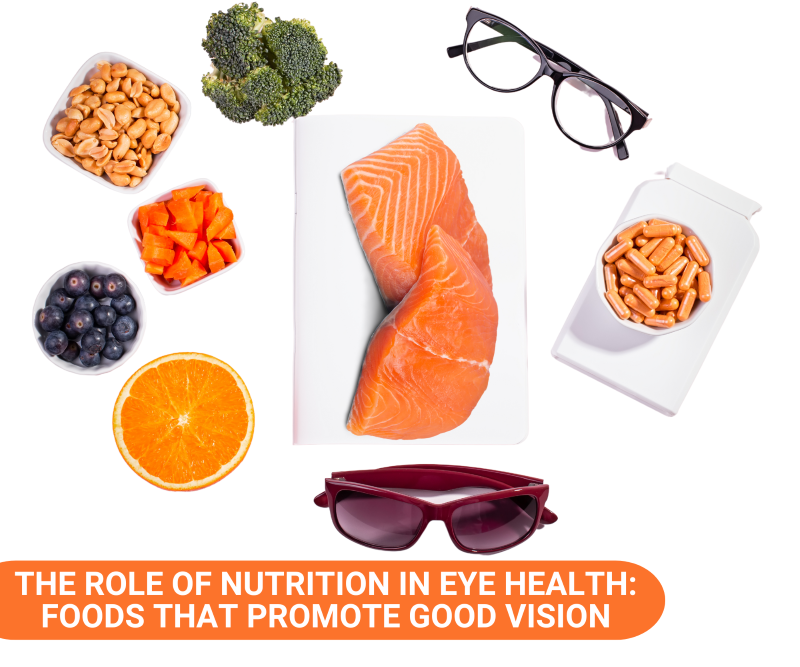Our eyes are among our most valuable organs, allowing us to experience the world in all its vibrant detail. Yet, many of us take our vision for granted until we face issues.
At OmniVision Eye Care, we are dedicated to educating you about common eye conditions, their causes, symptoms, and prevention strategies to help you maintain optimal eye health. This post will cover dry eye syndrome, glaucoma, macular degeneration, and diabetic retinopathy, and highlight the importance of regular eye exams for early detection and management.
